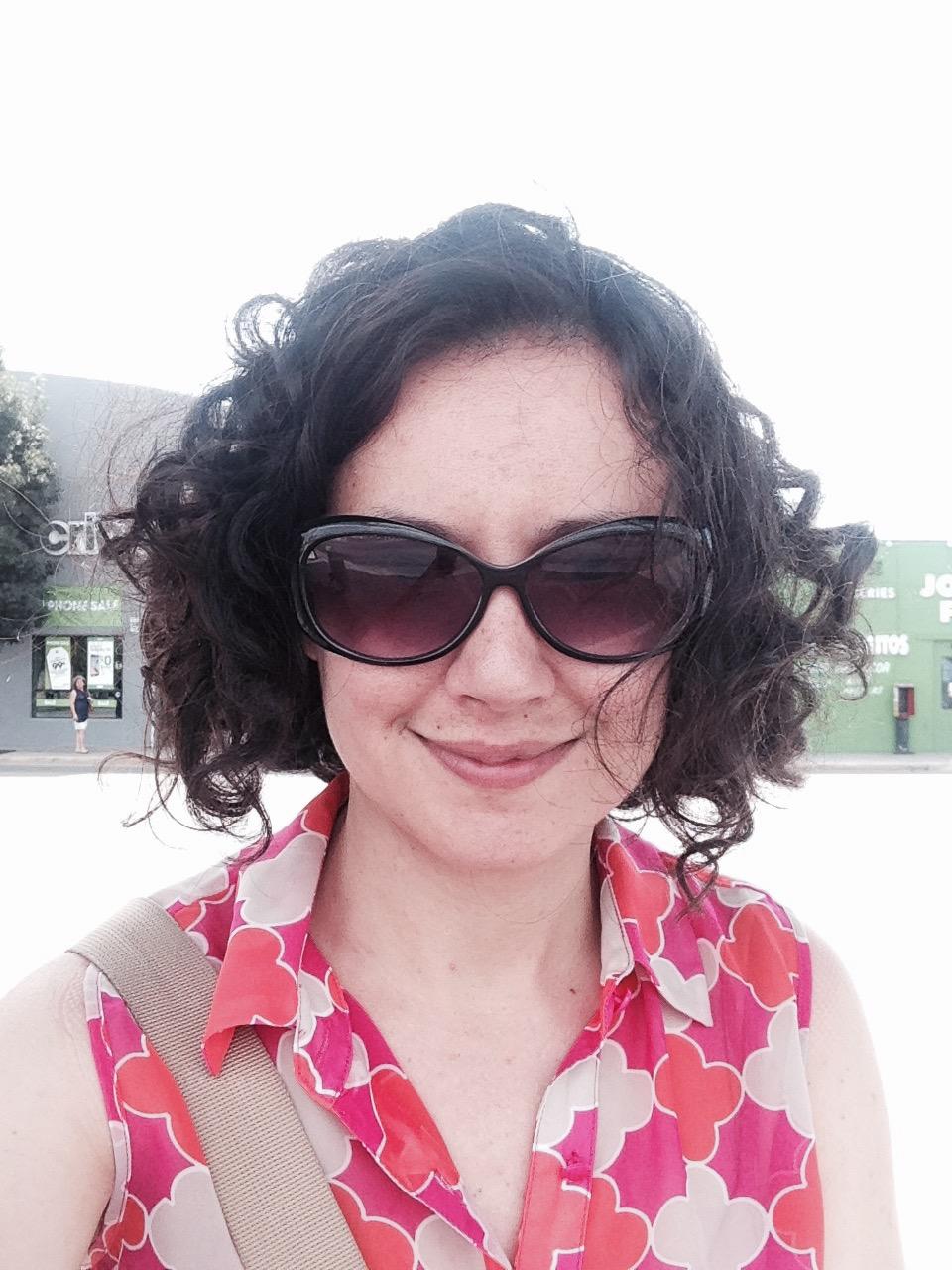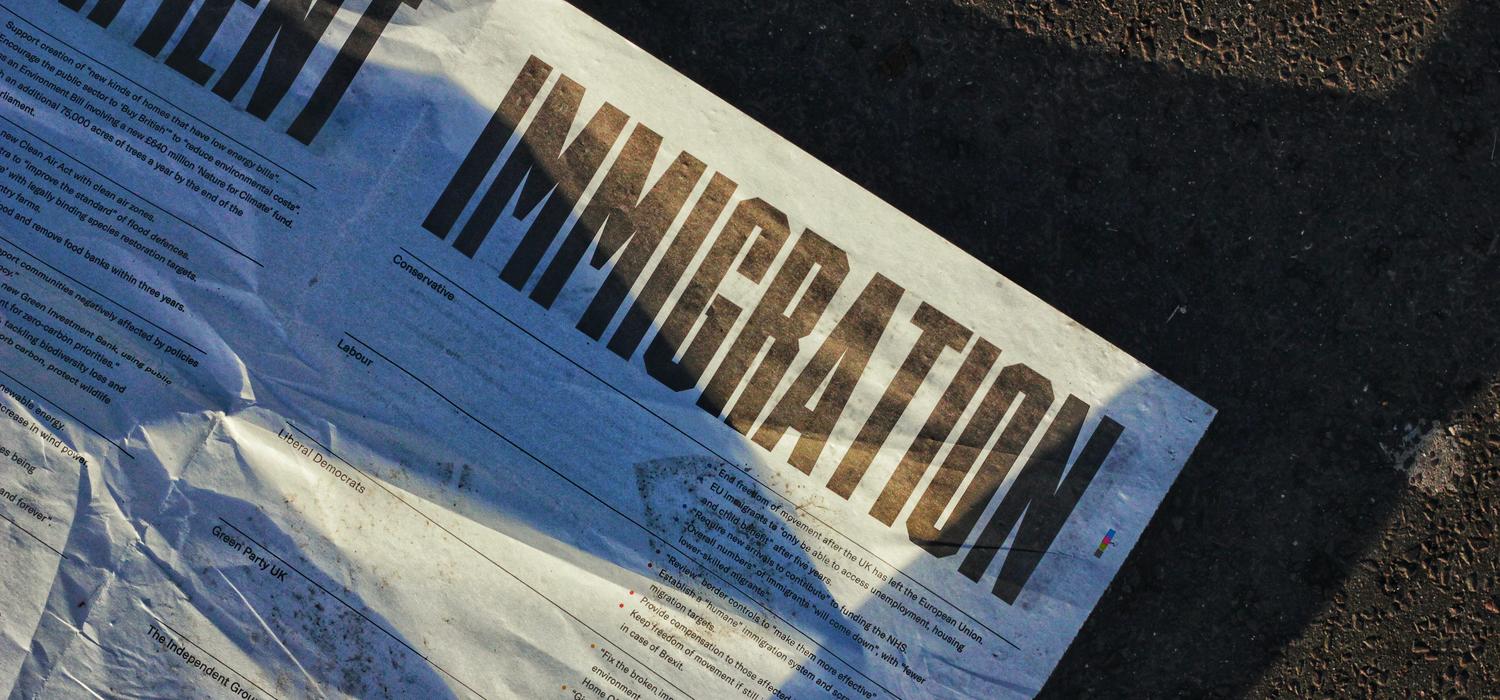
Feb. 1, 2021
What We Are Learning This Week with Dr. Elizabeth Pando

Feb. 1, 2021 in POLI 402 Politics of Immigration
Dr. Elizabeth Pando is exploring what drives liberal states to either restrict or expand the rights and freedoms of immigrants.
Can you tell us a little more about this topic?
This week we’re learning about what drives liberal states to adopt certain immigration policies, that is, what causes their policies to restrict or expand immigrants’ rights and/or freedoms. Liberal states are in a tough spot when it comes to adopting immigration policies: if they adopt strong restrictions, very likely that means adopting some illiberal measures. This week we start with a discussion around how seemingly neutral admission policies can go against liberal principles. We then move on to discussing how institutions of liberal states pull sometimes towards restriction and sometimes towards the expansion of immigration. We will conclude with a classification of policies.
What else do you cover in your course?
This course is organized around three themes: people, states, and society. The course starts with a problematization of citizenship in relation to immigration. We then move to people, exploring immigration from the point of view of immigrants and their experiences. Next, we look at the receiving states and the policies they adopt, such as control and entry policies, how states classify immigrants, and models of immigrant incorporation. The last section of the course focuses on society, where we explore topics such as explaining support/opposition to immigration, political parties and immigration, and the political engagement of immigrants in their new countries.

How did you come to develop this course?
I developed this course while working on my doctoral dissertation on comparative immigration policies. My dissertation explains why governments in Chile in the 1990s adopted expansive immigration policies. Around the time I was writing my thesis, I became a Canadian citizen, leading me to reflect on how much immigration policies have had an impact on my life. My research interests, coupled with my personal immigration story, led me to conceptualize a course that would tell the story of how receiving states and societies respond to the movement of people across borders.
Finally, what other courses would you recommend for students interested this topic?
POLI 359 Introduction to Comparative Politics is essential for students thinking about taking this course. Other courses that also cover immigration are POLI 447 Comparative Public Policy and POLI 485 Global Political Economy.
